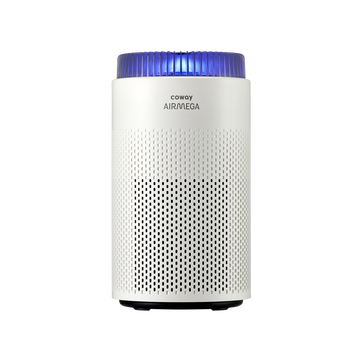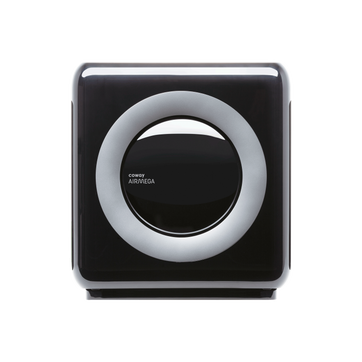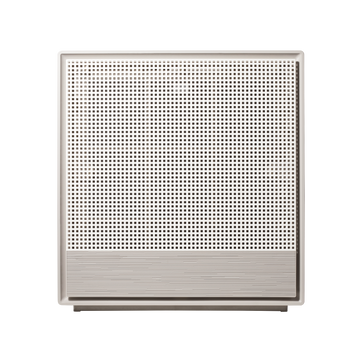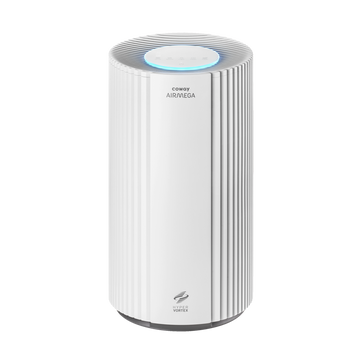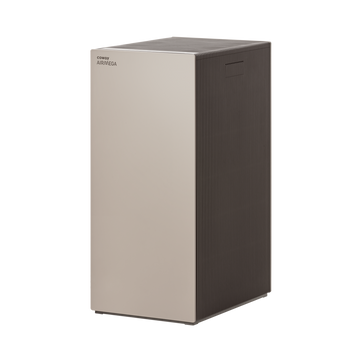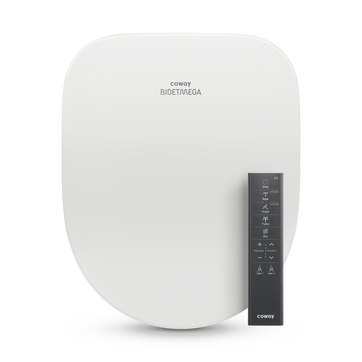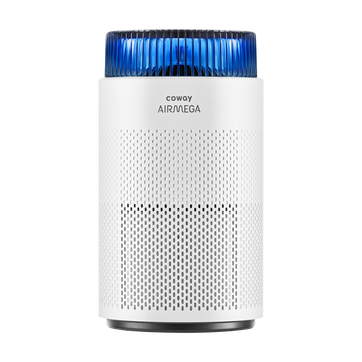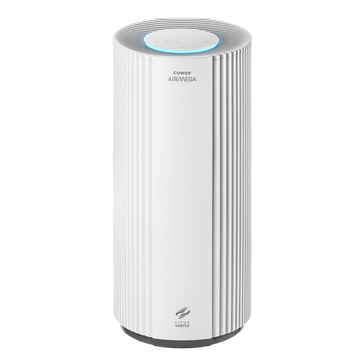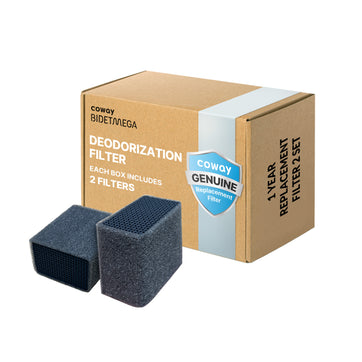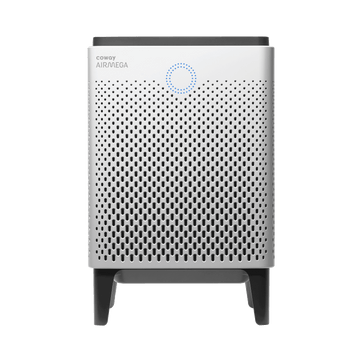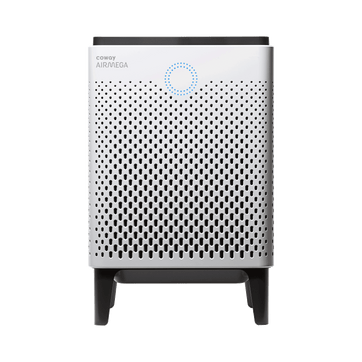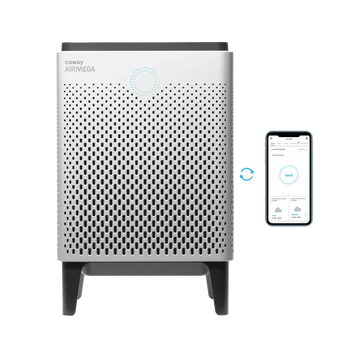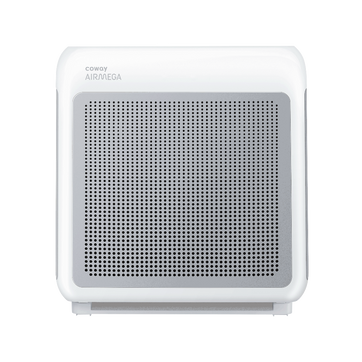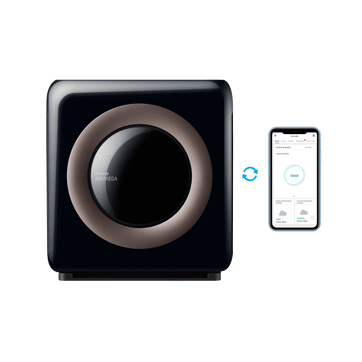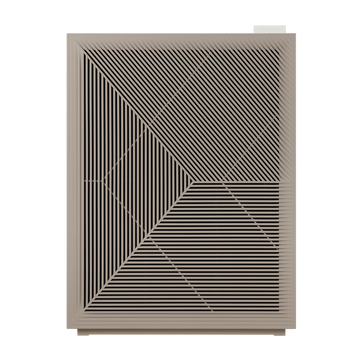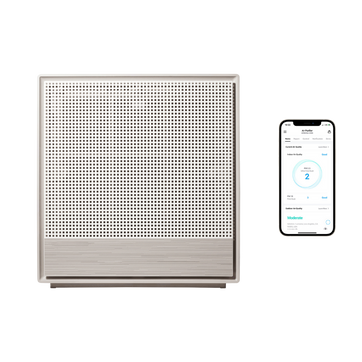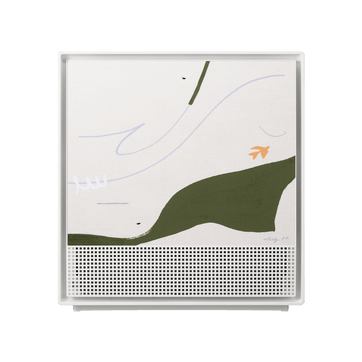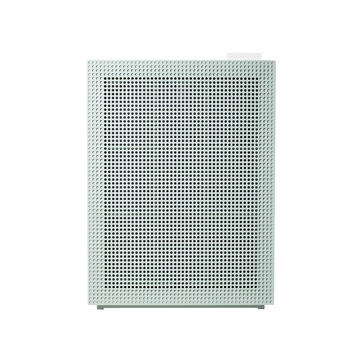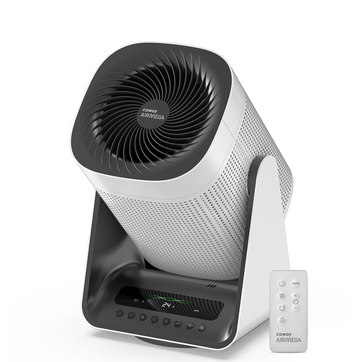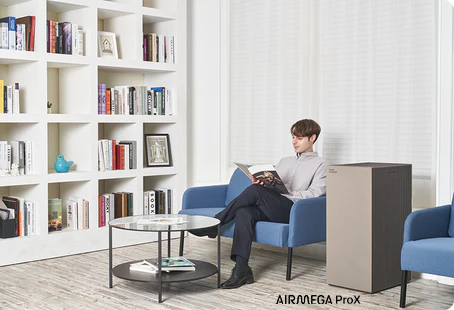
Your Behavior at Home Influences Indoor Air Quality
Indoor air quality can be affected by many factors, from chemicals in your living room carpeting to mold in your bathroom. But another major ingredient involves your behavior. Quite simply, many of your activities inside your home can impact the air you breathe. Here are some examples:
Smoking cigarettes
Smoking is at the top of the list of habits that can harm the quality of the air. Second-hand smoke has been shown to cause cancer, in addition to releasing harmful chemicals into the air. If you have to smoke, going outside may be your best bet to keep your indoor air safer.
Engaging in certain hobbies
Your stamp collection probably won’t pollute their air, but there are plenty of hobbies that can. Most important are pastimes requiring the use of certain chemicals or solvents, like furniture refinishing. You may be using varnishes and other products that emit potentially harmful volatile organic compounds (VOCs). For that reason, do the work in a detached garage and use an exhaust fan or move the project outside. Using a breathing mask is also a good idea.
Using an unvented gas heater
Gas space heaters and fireplaces can emit water vapor and, in some cases, carbon monoxide. Your best defense is making sure your heaters are adjusted properly and adequately vented. If your vent system operates correctly, pollutants will escape to the outdoors through the vent pipe.
Burning scented candles
Yes, they’re romantic, atmospheric and beautiful. But some researchers have found the paraffin in these candles can release harmful particulates into the air, including heavy metals. Prolonged exposure can lead not only to lung problems but also cancer, according to one study. So, think about swapping in unscented beeswax candles.
Forgetting about that exhaust fan
The exhaust fan in your bathroom or over your oven isn’t there for decoration. It helps to dissipate particulates, humidity and aerosols from the air, reducing mold and VOCs in the process. Your best move is easy: Turn on the fan.
Using a wood-burning stove
Lots of people love wood-burning stoves and fireplaces. But you can release a host of potentially harmful substances, like formaldehyde and particulate matter, when using them. As you might expect, newer, well-cared for models are more efficient than older, poorly maintained counterparts.
Finally, another step you can take is using a smart air purifier with a HEPA filter, like Airmega. It can filter up to 99.97 percent of VOCs, particulate matter and mold spores which can be harmful to your health. That way, you can kick back, take a deep breath—and enjoy being home.
Disclaimers
1Coway air purifiers have been proven to trap dust, pollen, dander, viruses and bacteria in the air based on KCL (Korea Conformity Laboratories) testing.They have been tested in a 30㎥ size chamber according to the Korea Air Cleaning Association standard (SPS-KACA 002-132:2022 Modified) to measure the 0.01㎛ size of particle removal rate. It was tested on maximum airflow speed in normal room temperature and humidity conditions. The performance may vary in the actual living environment of customers.
→ Tested with Airmega Aim, 50, 100, 150, 160, Tower AP-1216L, Mighty AP-1512HH, MightyS AP-1512HHS, 200M, Icon, IconS, 230, 240, 250, 250 Art, 250S, 300, 300S, 350, 400, 400S, 450, ProX
299.97% of viruses, bacteria, fungi and pollen were verified to be removed from the air for Coway air purifiers which have Green True HEPA™ filter applied based on the Japan Food Research Laboratories(JFRL) testing according to JEM 1467 standard.
→ Tested with Coway Airmega Mighty AP-1512HH, MightyS AP-1512HHS, 250, 250 Art, 250S, 300, 300S, 400, 400S
→ All tested by JFRL and received above result within below time.
4The concentration of ammonia, acetaldehyde and acetic acid were proven to be removed within 30 minutes by FCG Research Institute, Inc. Human Life Science Lab. It is not a demonstration result in the actual use space. Not all odors and gases may be supported. → Tested with Coway Airmega 150, 160, Mighty AP-1512HH, MightyS AP-1512HHS, 400, 400S
5The coverage area of the air purifier is based on an area where the air cleaner can make two air changes per hour (ACPH). An air change per hour translates to how many times an air purifier can clean an area, assuming the height of a ceiling to be 8 ft, in one hour. Therefore ** means two air changes per hour means that the cleaner can clean the area once every 30 minutes and * means air changes per hour means that the air purifier can clean the area once every 60 minutes.
10Terms and conditions apply. Discounts, including promotions, coupons, bundle discount and subscription discount, cannot be stacked on top of other coupons. During promotional periods, discount codes will not be able to be applied to orders. Promo codes may apply to products only—filters, accessories, and new products within 3 months of the release date are not included.
11Based on Coway R&D internal laboratory testing, activated carbon filtration was shown to remove up to 95% of ammonia odors within 40 minutes, and up to 99% of fecal odors within 20 minutes. Actual performance may vary depending on usage conditions.
